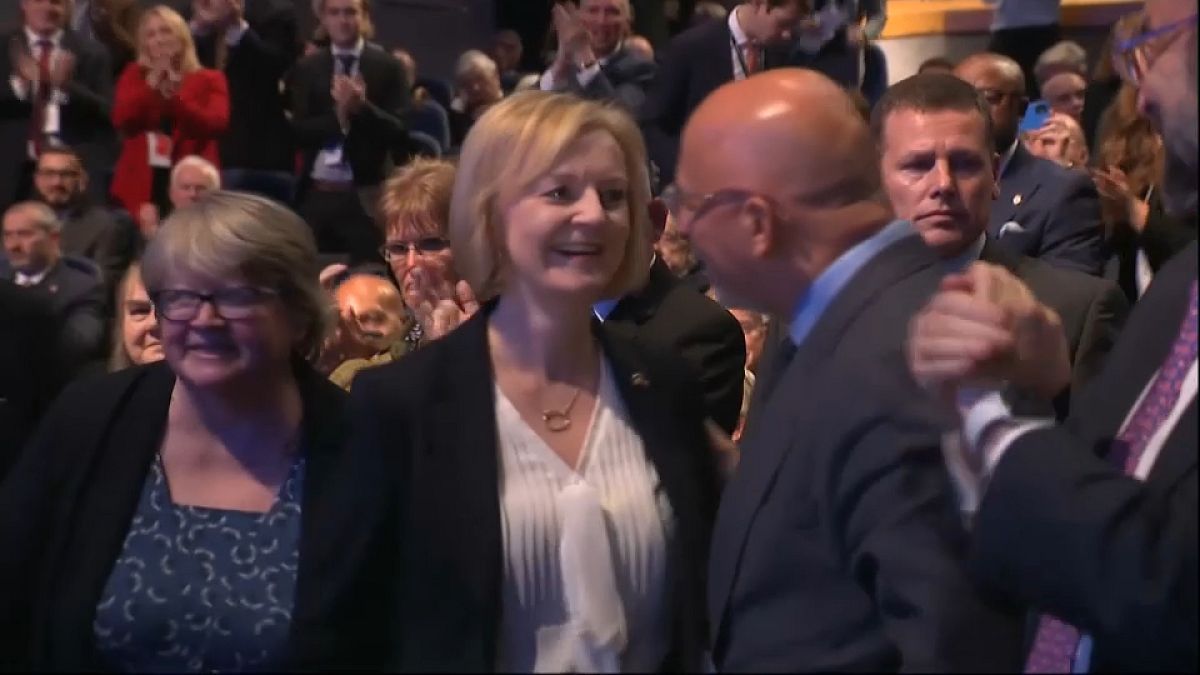The turbulence around benefits comes after a backlash over the new government's tax-cutting growth plan.
Prime Minister Liz Truss is facing a fresh political rebellion after refusing to rule out cutting benefits to the UK's poorest people as part of the new government's economic plan.
Truss, asked if benefits would rise in line with inflation, which stood at 9.9% in August, told the BBC: "We are going to have to make decisions about how we bring back down debt as a proportion of GDP in the medium term."
"We have to look at these issues in the round. We have to be fiscally responsible."
Damian Green, a former senior minister in the government of Theresa May and part of the centrist faction of the Conservative Party, indicated he would oppose any efforts to raise welfare in line with average earnings instead of inflation.
Penny Mordaunt, leader of the House of Commons, also said it made sense to keep welfare payments in line with inflation.
"That's what I voted for before and so have a lot of my colleagues," she told Times Radio.
Truss' tax cut plan scrapped
The turbulence around benefits comes after a backlash over the new government's tax-cutting growth plan.
Truss is trying to ride out a series of U-turns over her first big policy: a stimulus package that includes €51 billion pounds in tax cuts, to be paid for by government borrowing.
Its announcement on 23 September sent the pound tumbling to a record low against the dollar and increased the cost of government borrowing.
The Bank of England was forced to intervene to prop up the bond market and stop a wider economic crisis.
Fears that the bank will soon hike interest rates caused mortgage lenders to withdraw their cheapest deals, causing turmoil for homebuyers.
Under political and financial pressure, the government on Monday scrapped the most unpopular part of its budget package, a tax cut on earnings above €172,000 a year.
Treasury chief Kwasi Kwarteng has also promised to publish a fully costed fiscal plan, alongside an economic forecast from the independent Office for Budget Responsibility.
Initially, that was due to come on 23 November, but mounting pressure means it’s likely to arrive weeks sooner.
What Kwarteng on Monday called the “hullabaloo” over the government’s plans has cast a shadow over the Conservatives’ annual conference in the central England city of Birmingham, where many delegates express fears that the party, in power since 2010, is headed for defeat in the next election.
